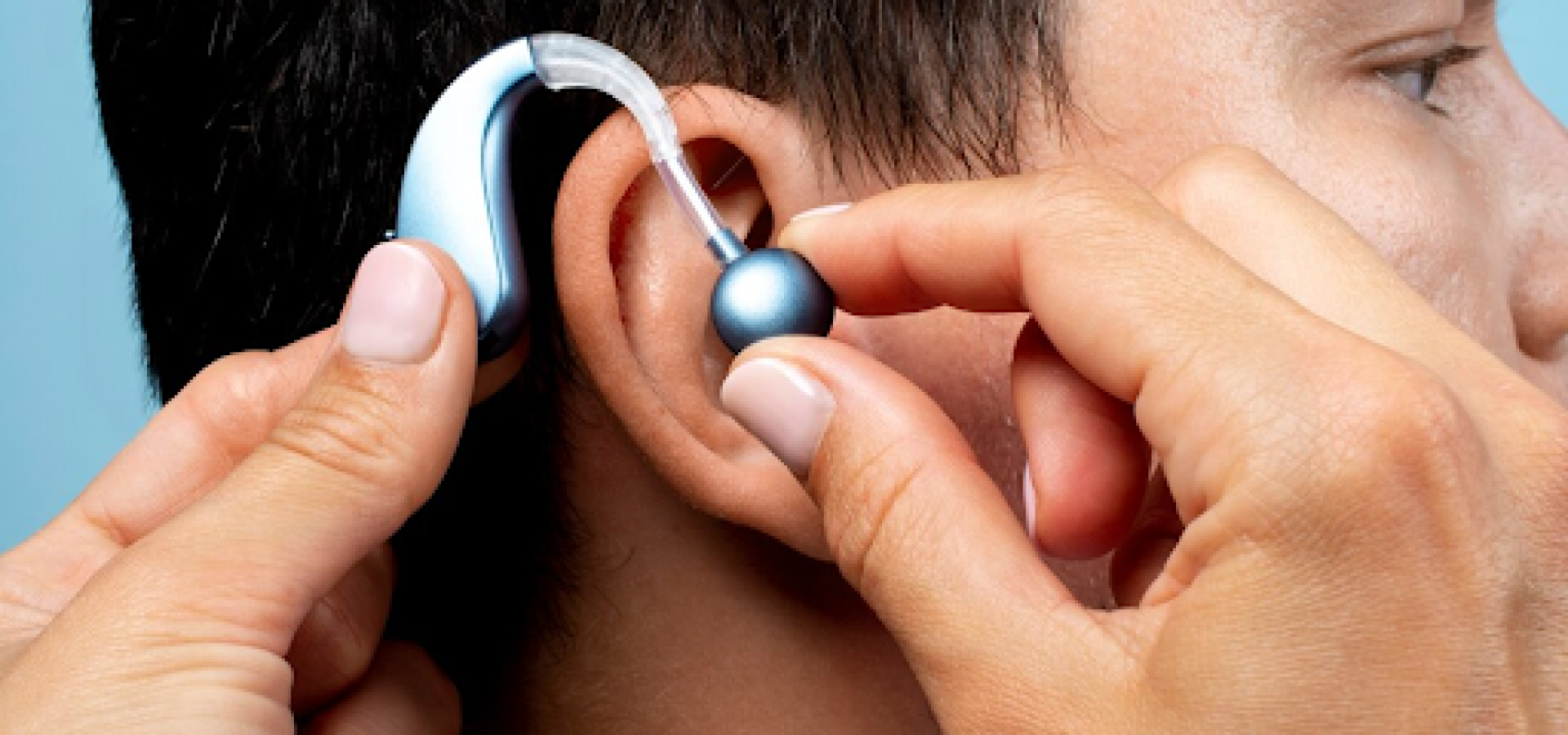Menu

If you’re someone who relies on hearing aids, you know they’re more than just an accessory—they’re a vital part of your day-to-day life. Just like any other important gadget, these nifty devices require a certain level of care to keep them in tip-top shape.
Whether you’re a seasoned user or a newbie in the world of hearing aids, knowing how to maintain and care for them properly can make all the difference in their longevity and performance.
Daily Cleaning
One of the most crucial steps in maintaining your hearing aids is daily cleaning. This simple routine can help prevent dirt, debris, and earwax buildup, which could otherwise lead to poor sound quality or device malfunction. Here are some tips for cleaning your hearing aids effectively:
1. Wipe the exterior surfaces: Use a soft, dry cloth or tissue to gently wipe down the exterior of your hearing aids, including the microphone, receiver, and battery compartment. Avoid using water or cleaning solutions, as these can damage your devices.
2. Clean the ear tips or domes: Depending on the style of your hearing aids, you may also need to clean the ear tips or domes regularly. Use a specialised brush or tool provided by your hearing care professional to remove any earwax or debris. Be gentle when handling these small, delicate parts.
3. Keep the microphone clear: It is essential to keep your hearing aids’ microphone free of debris, as this can affect sound quality. Use a soft brush or cloth to gently clean the microphone area, taking care not to push dirt further into the device.
Battery Replacement and Care
Another essential aspect of hearing aid maintenance is battery replacement and care. Proper handling and storage of batteries can help prolong their life and ensure optimal device performance. Follow these guidelines to keep your hearing aid batteries in top condition:
1. Store batteries in a cool, dry place: High temperatures and humidity can shorten battery life. Keep your batteries in a cool, dry place, away from direct sunlight or heat sources.
2. Replace batteries regularly: Depending on your hearing aid model and usage, you may need to change your batteries every five to ten days. Be sure to replace them promptly when the performance starts to decline, as low battery power can adversely affect sound quality.
3. Turn off hearing aids when not in use: To conserve battery life, turn off your hearing aids when they are not in use. Open the battery compartment to ensure the batteries are disconnected from the devices.
Regular Check-ups and Service
Scheduling regular check-ups and service appointments is essential in maintaining your hearing aids’ optimal performance and identifying any potential issues early. Here are some recommendations for keeping your hearing aids in top shape:
1. Schedule professional cleanings: Regular cleanings by a hearing care professional can ensure that all components of your hearing aids are functioning correctly and remove any build-up that may be difficult to clean at home.
2. Have your hearing aids inspected regularly: During your check-up appointments, your hearing care professional can inspect your hearing aids for any signs of wear or damage. These routine inspections can help identify potential issues before they become more significant problems.
3. Update your hearing profile: Changes in your hearing can affect your hearing aids’ performance. Your hearing care professional can adjust your devices to meet your current hearing needs, ensuring you receive the best possible hearing experience.
Proper Storage and Handling
Storing and handling your hearing aids correctly can help protect them from damage and prolong their lifespan. Here are some tips for proper storage and handling:
1. Store your hearing aids in a protective case: When not in use, store your hearing aids in the protective case provided by your hearing care professional. This will help protect them from physical damage and keep them safe from any pets or young children who may accidentally mishandle them.
2. Keep your hearing aids dry: Moisture can damage the delicate electronic components of your hearing aids. Be sure to remove your hearing aids before any activities involving water, such as showering or swimming. If you live in a humid climate or regularly participate in activities that cause increased sweating, invest in a hearing aid dehumidifier to ensure your devices remain dry.
Understanding the Basics of Hearing Aid Maintenance
Proper maintenance and care of your hearing aids are essential for optimal performance and longevity. By following this comprehensive guide, you can keep your devices in top condition and provide the best hearing experience. Remember that daily cleaning, battery replacement, regular check-ups, and proper storage and handling are crucial aspects of hearing aid care.
Schedule a consultation with Fraser Valley Beltone for professional assistance with maintaining and caring for your hearing aids in Beltone. Together, we can ensure you get the most out of your devices, and experience improved hearing and an enhanced quality of life.
Share Post
Facebook
Twitter
LinkedIn
Email
Reddit
Pinterest
